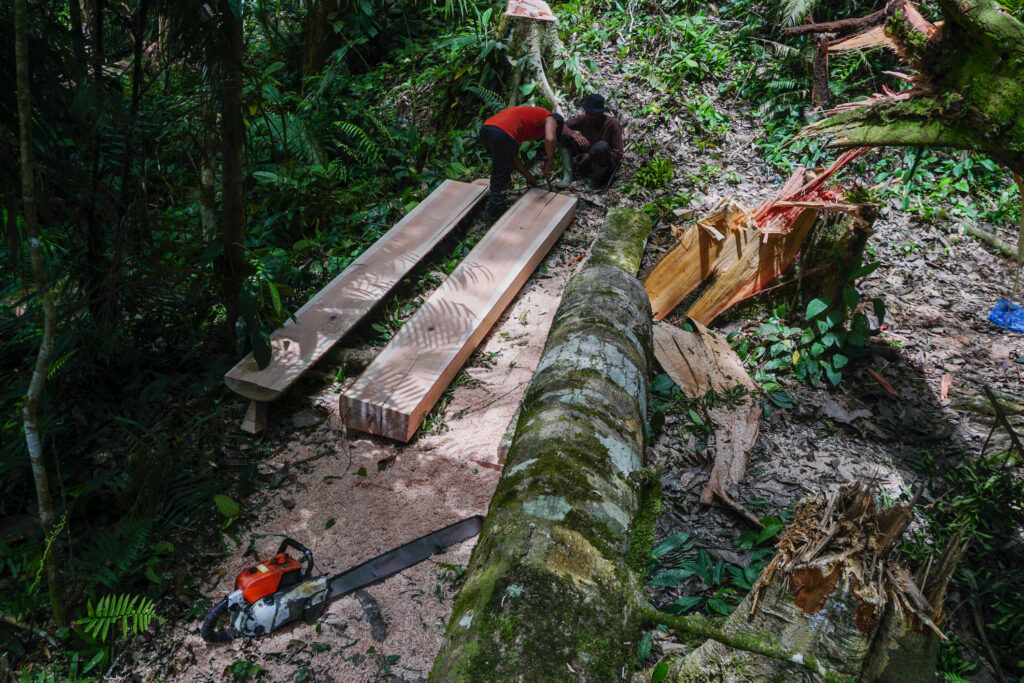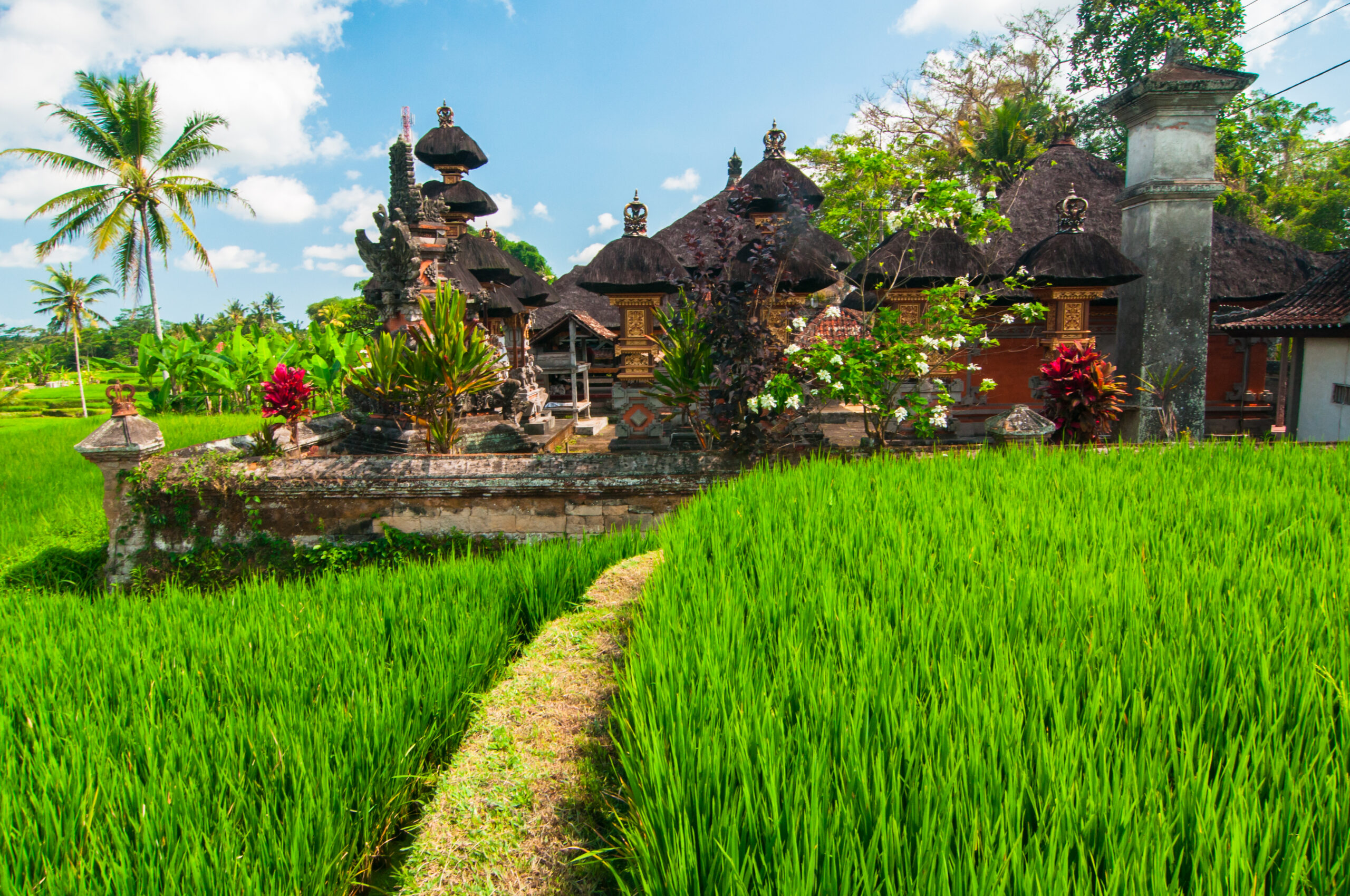
Indonesia
The world’s third largest rainforest is in Indonesia. The country has reduced deforestation to its lowest reported level in 20 years. Since 2010, Indonesia has implemented important political and institutional reforms that enabled these results.
In 2022, Indonesia and Norway entered a new bilateral climate and forest partnership to recognize Indonesia’s impressive results to date and support its ambitious emissions reduction plans. The partnership between Norway and Indonesia involves a result-based contribution from Norway to Indonesia, through the Indonesia’s Environment Fund, to support Indonesia’s implementation of the FOLU Net Sink 2030 Operational Plan.
The people
Indonesia is home to over 17.000 islands, including three of the ten largest islands in the world. It is also the world’s 4th largest by population, with close to 270 million people.
One in five Indonesians live in and around the forest. These are people whose livelihood first and foremost comes from the forests and the sea.
Forests and peatlands
The Indonesian forests cover 1.2 million km2, the size of Spain and France combined.
Indonesia hosts some of the largest areas of peatlands and mangroves in the world. The forests, peatlands and mangroves store enormous amounts of carbon, of vital importance to the global climate.
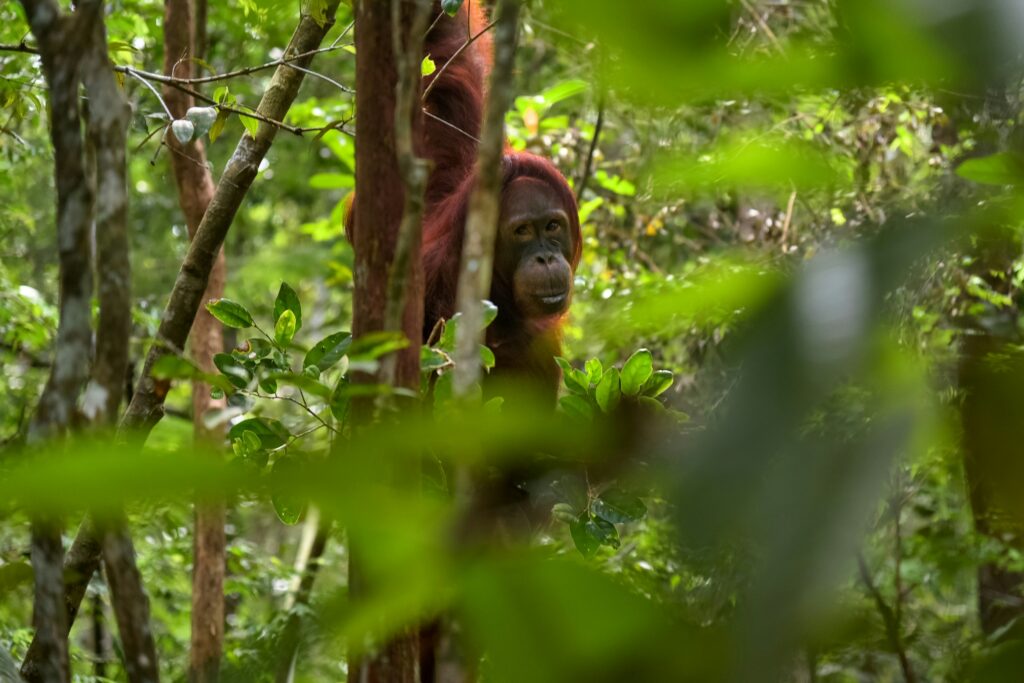
Indonesia’s spectacular nature
Indonesia is a mega biodiversity country with thousands of islands and vast forest and ocean areas. The country has one of the largest number of species in the world, including the orangutan.
Other species include the Sumatran tiger, the Javan rhino, the Sumatran elephant and the Birds of Paradise in Papua. All these are endangered due to deforestation.
The Indonesian Ministry of Environment and Forestry estimates that more than half of Indonesia’s species are still unknown to science.
Deforestation in Indonesia
Deforestation from conversion to palm oil plantations has been a driver for deforestation in Indonesia but it has been significantly reduced in recent years.
Pulp and paper, logging, mining, and forest to clear land for commercial use have also historically been drivers of deforestation.
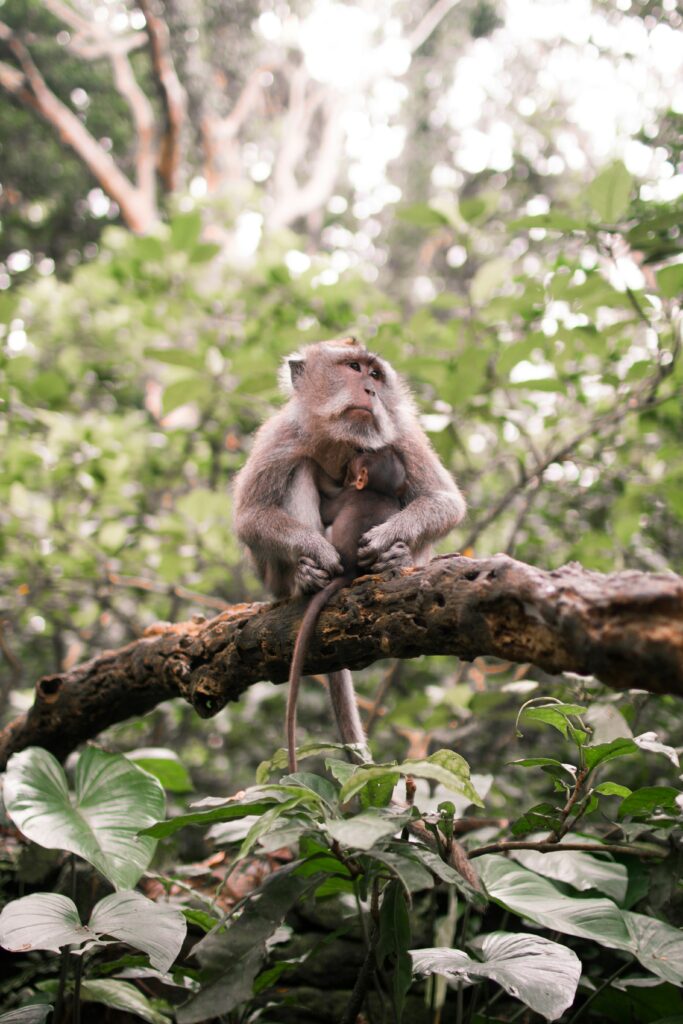 Photo: Unsplash
Photo: Unsplash
Fighting Deforestation
Indonesia is leading the way in developing the economy and reducing its greenhouse gas emissions from deforestation and forest degradation at the same time.
The country has pledged to the UN climate convention to reduce its total national emissions by almost one third by 2030.
Norway’s Climate and Forest Partnership with Indonesia
In September 2022, Norway and Indonesia signed a Memorandum of Understanding, marking the beginning of a new bilateral climate and forest partnership between the countries. The partnership is based on political dialogue, technical support and results-based contributions where Norway rewards Indonesia for emission reductions from deforestation and degradation.
Indonesia has become a global leader by reducing its deforestation by almost 90% over the last years to the lowest reported level in 20 years. Indonesia’s plans are equally ambitious, as they aim for the forestry and other land use (FOLU) sector to be a net sink by 2030.
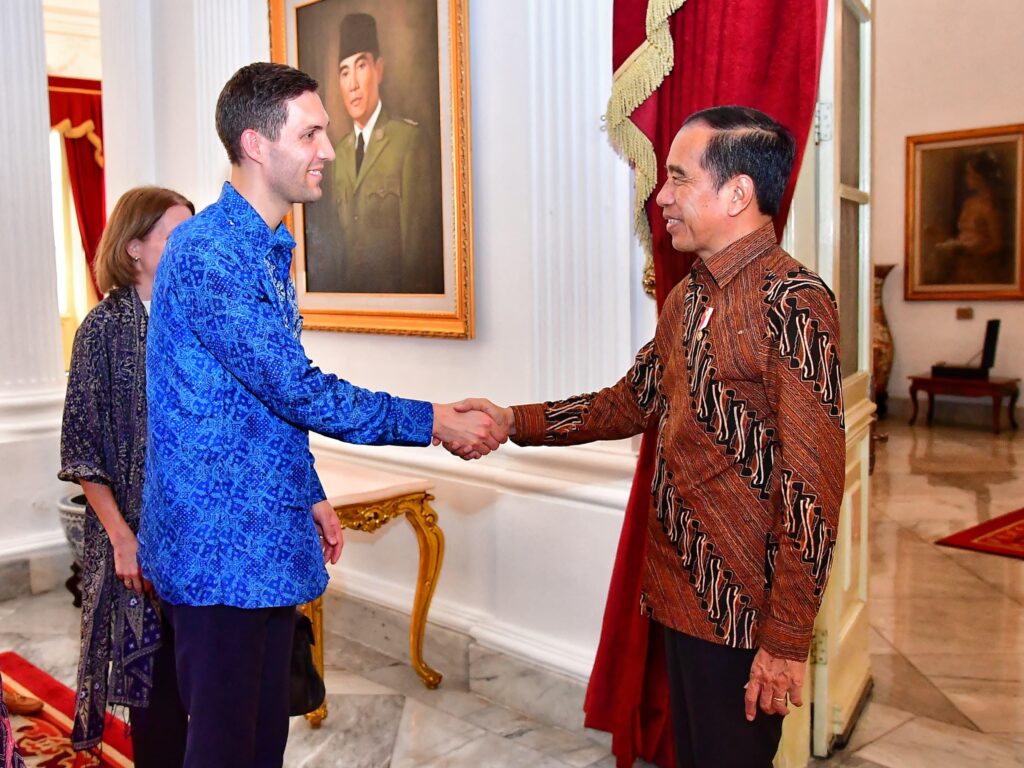 Photo: Government of Indonesia
Photo: Government of Indonesia
The FOLU Net Sink Operational Plan
Norwegian support to Indonesia is result-based, supporting Indonesia’s forest and land use policies in the “FOLU Net Sink 2030 Operational Plan”. Result-based support takes place when a country has reduced emissions, and the results are verified by an independent third-party.
Indonesia aims to become net sink in the forestry and other land use sector by reducing emissions from deforestation, forest degradation and carbon-rich peatlands. Plans also include absorbing more carbon through restoration of forests, peatlands, and mangroves.
The aim is to reduce deforestation to the extent where the forest and land use sector annually removes 140 million tons CO2 more than it emits by the end of the decade.
Specifically, Norway will support a portion of national level and third-party verified emission reductions from deforestation and forest degradation for forest years 2016/2017 to 2019/2020 based on the existing MRV protocol and its annex.
Norwegian contribution through Indonesia’s Environment Fund
From 2022 to today, Norway has disbursed USD 156 million for Indonesia’s results in reducing deforestation and degradation. This is support for the forest years of 2016/2017 to 2918/2019.
Additional results-based contributions will be disbursed as emission reductions are verified for subsequent years. Norway supports a portion of national-level results. The basis for the contributions – the MRV protocol – will be updated for forest year 2020/2021 onwards.
Norway channels contributions directly to Indonesia’s Environment Fund (Badan Pengelola Dana Lingkungan Hidup/BPDLH), to support Indonesia’s implementation of the “FOLU Net Sink 2030 Operational Plan”.
- Size: 1.919.449 km2 – three times the size of France.
- Capital: Jakarta
- Population: 265 million
- Forested area (2019): 1.2 million km2
- Biodiversity: Indonesia is one of the world’s 17 megadiverse countries. There is a high number of endemic species- species that live nowhere else in the world- on each island.
